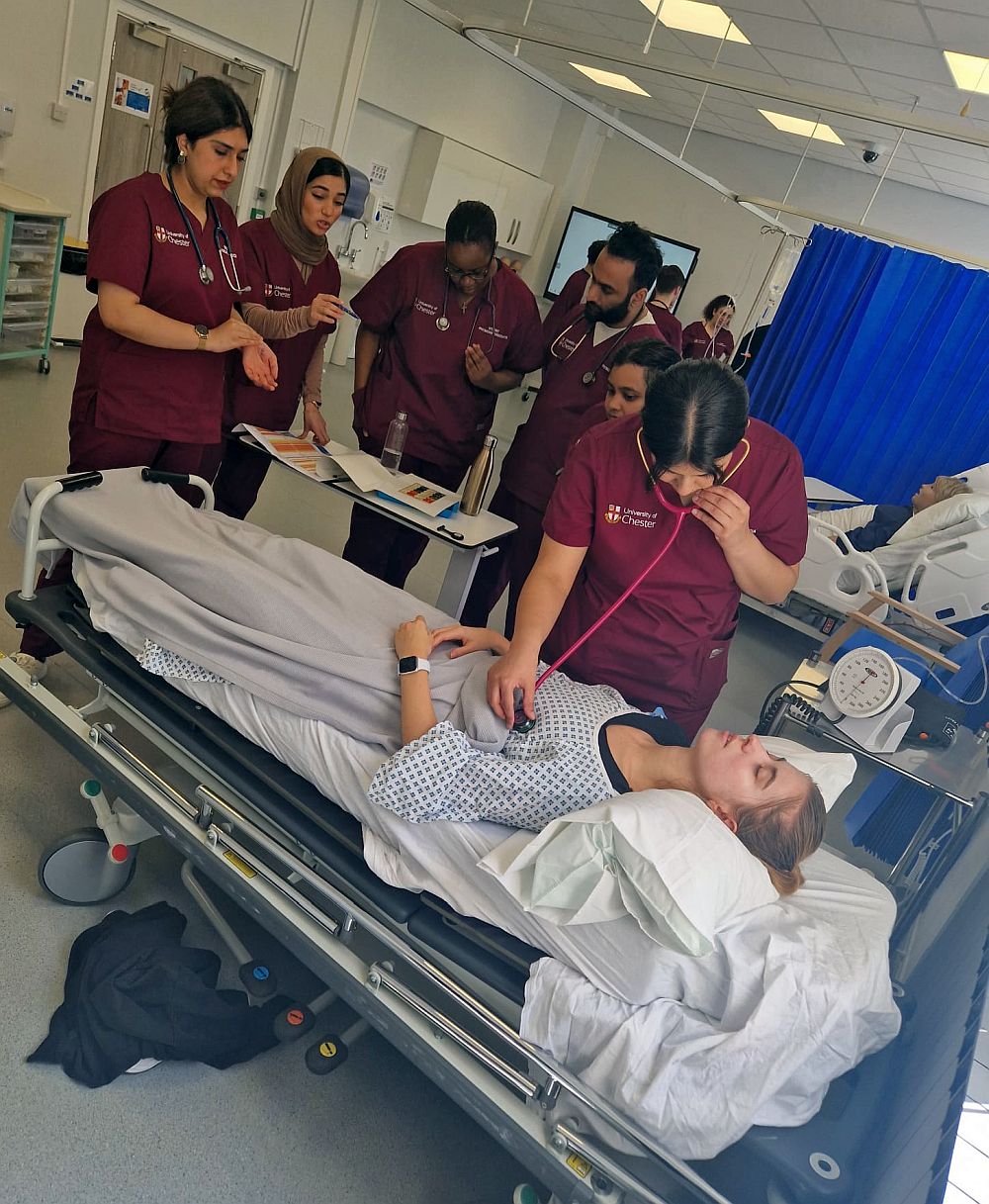Meducate’s Recent Achievements & Future Goals In Medical Education
Meducate Academy - Reflecting on Our Recent Achievements and Future Goals in Medical Education As summer approaches, it’s an ideal time to reflect on Meducate Academy's accomplishments over the past…
